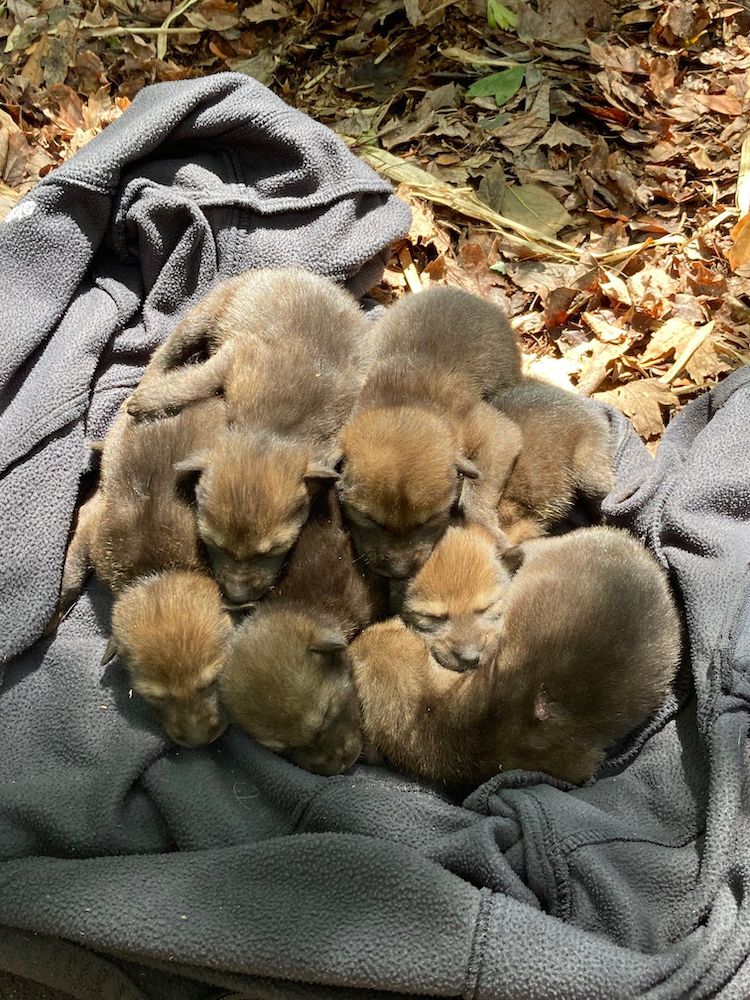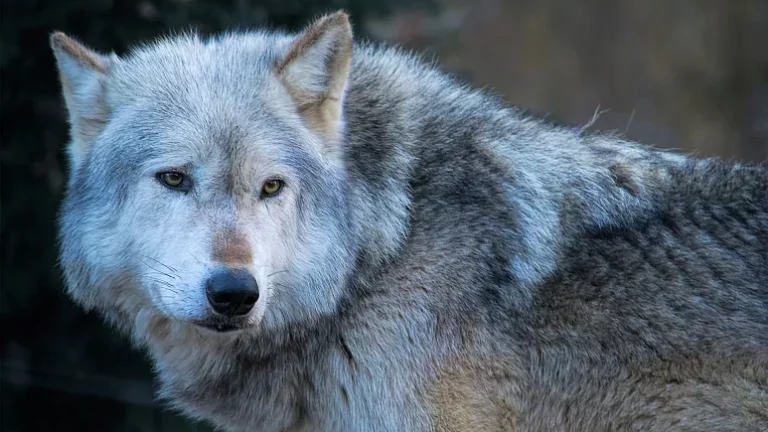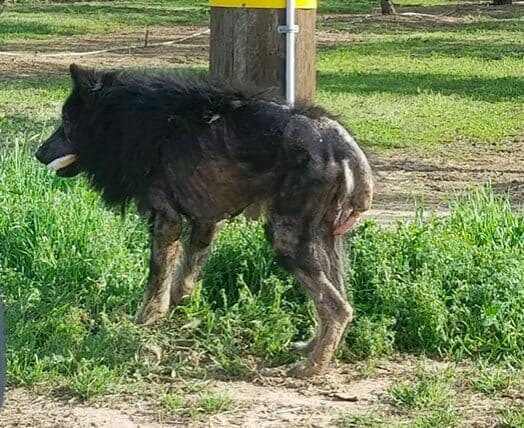Unveiling the Gaboon Viper: Nature’s Master of Camouflage and Deadly Precision

Many people fear snakes, yet they are also captivated by these creatures, especially the world’s most dangerous reptiles. In the African rainforests, the Gaboon Viper stands out as a marvel of nature, boasting a fascinating combination of camouflage, potent venom, and exceptional hunting skills.
The Gaboon Viper’s unique traits and status as one of Africa’s most formidable predators make it an intriguing subject. Its extraordinary characteristics enable it to thrive in its environment and command respect among other creatures. As we explore this exceptional animal, we uncover the secrets behind its remarkable abilities and its role in the African rainforest ecosystem.

Known also as the Gaboon adder, the Gaboon Viper is among the largest and deadliest vipers in Africa. Found in both lush rainforests and dry savannas of Central and West Africa, this elusive snake is famous for its vibrant and intricate camouflage, making it an expert in disguise.
Only surpassed in size by exceptionally large King Cobras, Gaboon Vipers can grow over 6 feet in length and weigh more than 20 pounds. What’s even more astonishing are the Gaboon Viper’s fangs, which are the longest of any venomous snake, measuring up to a remarkable 2 inches in length. This snake also boasts one of the most powerful venom deliveries in the serpent world.
The Gaboon Viper’s venom is a powerful mix of enzymes and toxins that can cause severe tissue damage and intense pain. If left untreated, the venom can be fatal.
The snake’s large, triangular head and intricate skin patterns truly captivate the imagination. Its remarkable camouflage allows it to blend seamlessly into the leaf litter on the forest floor, making it nearly impossible to detect before it strikes.

The Gaboon Viper adopts a patient and strategic approach when ambushing its prey, often remaining motionless for lengthy periods before attacking. It feeds on a variety of animals, including fully grown rabbits, monkeys, and occasionally small royal antelopes. This formidable predator demonstrates its incredible appetite and ability to consume sizable prey.
While the Gaboon Viper is primarily found in Africa, some enthusiasts in the United States and other countries keep them as exotic pets. This practice, however, is not without risk. Given the snake’s highly potent venom and the potential for accidents, keeping a Gaboon Viper as a pet can be dangerous.
Anyone considering keeping a venomous snake as a pet must thoroughly understand the animal’s behavior, needs, and potential risks. Additionally, it is essential to have the necessary permits and comply with local laws and regulations regarding the keeping of venomous snakes. Proper training in handling venomous snakes and having a contingency plan in case of bites or emergencies is also critical.
One incident involved a man whose life was at risk as medical professionals worked tirelessly to administer antivenom and provide necessary care. The swift action of the police and the collaborative effort of the VCU Medical Center, Smithsonian National Zoo, and Virginia Aquarium and Marine Science Center all played crucial roles in increasing the man’s chances of survival. As the man received treatment, his condition gradually stabilized, and he began to show signs of recovery. This incident served as a stark reminder of the risks associated with keeping venomous snakes as pets without proper training and safety measures.
This near-fatal encounter underscores the importance of responsible pet ownership and adhering to local laws and regulations regarding the keeping of exotic and potentially dangerous animals. It also highlights the significance of collaboration among various organizations in responding to emergencies and ensuring the wellbeing of both humans and animals.

2022 proved to be an unlucky year for Gaboon Viper owners in the United States. Within just a few months, two separate incidents occurred involving these venomous snakes. In North Carolina, a man was bitten by a Gaboon Viper and had to receive 44 vials of antivenom. Sadly, he lost several fingers due to the bite.
While encounters with Gaboon Vipers in the US are rare, there have been instances of these snakes escaping into the wild. In 2015, a potential sighting was reported in Milledgeville, Georgia. In 2021, a video shared by The Reptile Report went viral, showcasing a Gaboon Viper’s incredible camouflage abilities, making it resemble a caterpillar when it moved.
The viral video featuring the Gaboon Viper captured the imagination of many, highlighting the snake’s amazing characteristics. This remarkable creature exemplifies nature’s wonders, demonstrating exceptional adaptation, survival, and thriving abilities within the African rainforests.
Exploring the mysterious lives of such species helps us appreciate the intricate balance between power and beauty that characterizes the natural world. If you find this fascinating, don’t hesitate to share this information with others!






